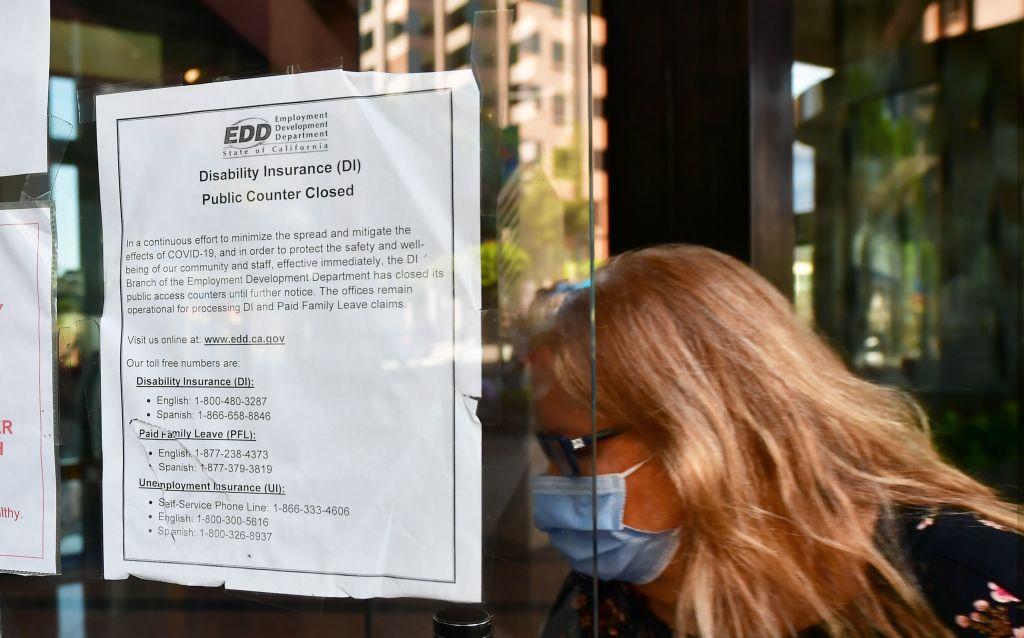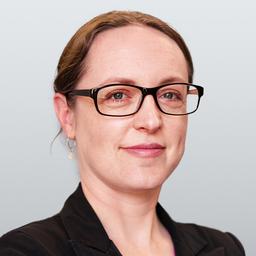California officials said it may take until Jan. 27, 2021, for the state’s Employment Development Department (EDD) to work its way through a massive backlog of unemployment cases accumulated during the COVID-19 pandemic.
The EDD implemented a “two week reset” starting Sept. 19 to address the issue, among others, and said the agency would stop accepting new unemployment claims during that time.





